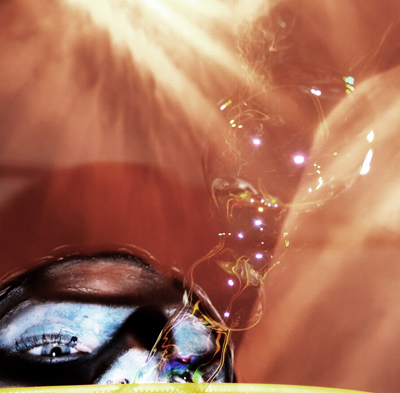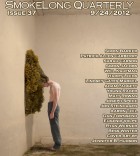This is a post-game interview, and you’re sweating—dripping, in fact, on my mike. I’m waiting. What do you say?
Me: (Deep breathing, holding hips in fists) Oh my goodness. This is so great. Maroon 5 should do a song about this feeling.
Thanks for interviewing me.
Let me just say, Pens and Paper, You guys were huge out there today. Every Writer needs teammates like you if he’s going to execute.
Most of all though, I have to thank the Alphabet. Without the Alphabet I wouldn’t be standing here today.
Hi Mom!
You see a turtle, upended, stranded there on the rocking hull of its shell—Oh, wait… This isn’t Blade Runner. Sorry. Let’s go to the next question…
Most writers I admire (putting you in this category) are magickers, sentence by sentence, and they learn it from love of reading other magickers. Who do you read? Who are you into lately?
Thanks.
Mary Miller has opened up short fiction for me in a way I don’t really understand yet, but I know it’s important. At the moment I’m into: Gary Lutz, Lynne Tillman, Donald Ray Pollock, Scott Bradfield, Padgett Powell, DFW, John Brandon, Brad Watson. I keep Grace Paley and Barry Hannah on hand. Rarely does a week go by that I don’t find myself standing by the bookshelf rereading one of their stories. I put the book down, and I’m like, what was I doing? Chances are I was getting coffee. So I do that.
Probably there’s something interesting to say about how you came to the story, or how it came to you, or how you went about writing it or rewriting it. (Fielder’s choice here.)
Weird bosses are fun to write about, and I’ve had some good ones for writing about. I write about work a lot. You know what I like? The Olympics, especially when someone does something competitively and uses -lympics as a suffix, the way a-thon is sometimes used for something done for a long time. Telethon. Cat-lympics. Palooza is another good example. Tonight is dish-washing-palooza at my house. Besides that, the story is some stuff I remembered combined with some other stuff I made up. What I made up was better than what actually happened.
I love the title—”When I Was Twenty-Three.” I think that it works, but more important it gives me a way to think back on the story and consider what it offers and does. That’s not a question, is it? Maybe these… How important to you is the title? Did you write to it, as a working title? Do you see it as providing a necessary dimension?
It started as a working title but I think the story grew into it. I caught myself reading/writing toward the title, which doesn’t happen often (and when it does, never works) and this time it did. I turned thirty in April, so that might be significant. Only psychologists know for sure. The title frames this weird male relationship from the get-go. I think of it as the opening of the story, but it was too important to get pressed onto the front of that first sentence. It’s a power chord.
What’s next for you, writing-wise?
I’m working on a novel.
I am. Most of it is good. I am keeping the faith.
I got stories too. They’re about young white men making bad decisions.



 The core workshop of SmokeLong Fitness is all in writing, so you can take part from anywhere at anytime. We are excited about creating a supportive, consistent and structured environment for flash writers to work on their craft in a community. We are thrilled and proud to say that our workshop participants have won, placed, or been listed in every major flash competition. Community works.
The core workshop of SmokeLong Fitness is all in writing, so you can take part from anywhere at anytime. We are excited about creating a supportive, consistent and structured environment for flash writers to work on their craft in a community. We are thrilled and proud to say that our workshop participants have won, placed, or been listed in every major flash competition. Community works.